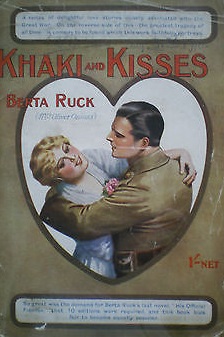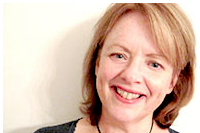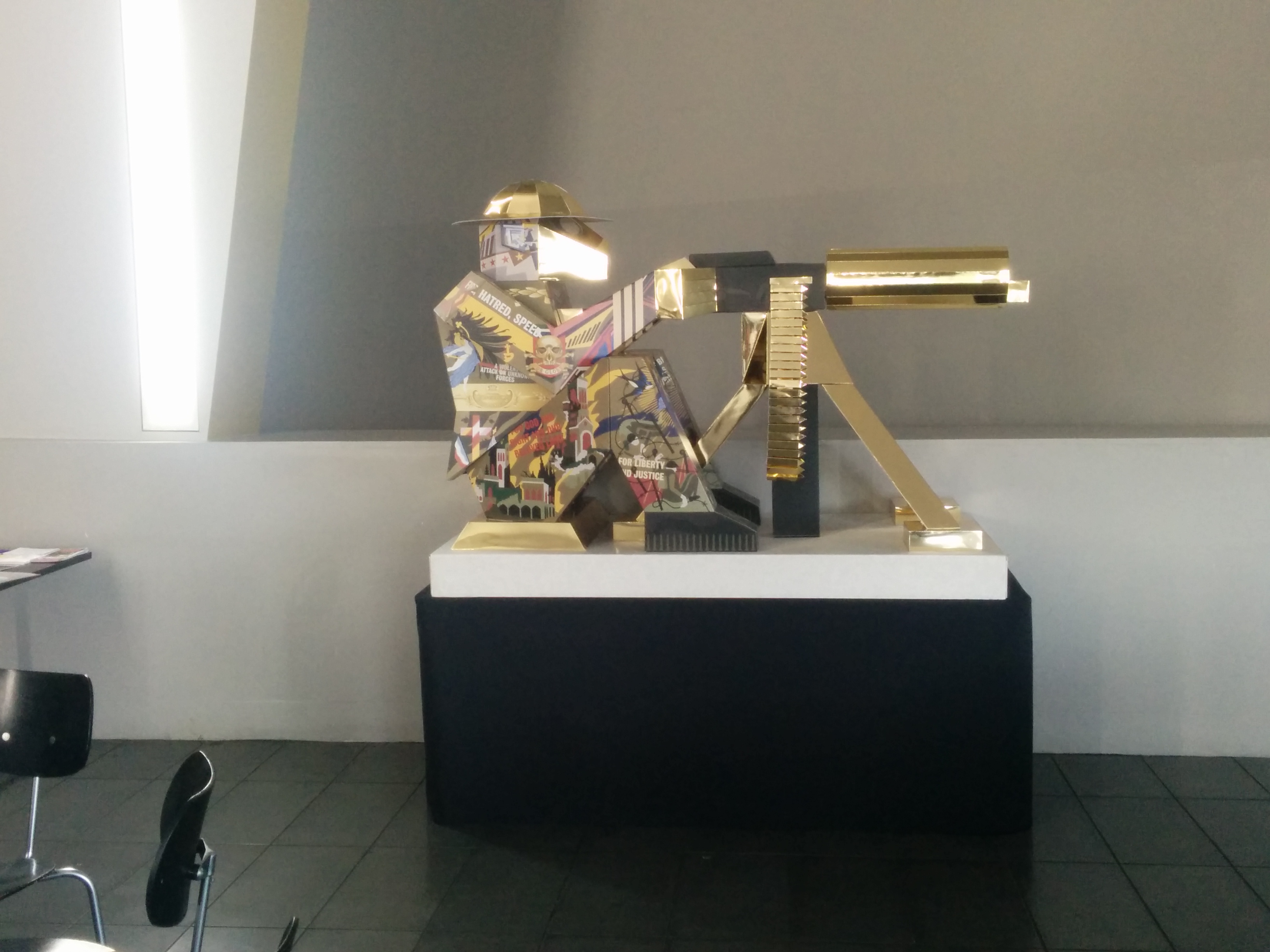‘German and British descendants share heritage from the Great War’ is a collaborative project to record and share family memories of the First World War. Led by London’s reminiscence organisation Age Exchange, who will work alongside Rachel Duffett and Mike Roper from the Hertfordshire Engagement Centre, the project compares the war’s impact on family histories in each country, from the inter-war years through to the present and the participants’ experiences of remembrance and commemoration today. British and German elders will record and then share their First World War family histories at a four day event in April 2016. The exchange will be filmed and family archive material will be digitised. A film documentary sharing the story of the project will be screened at media, heritage and community venues in London from July 2016, and made available on-line. Materials from the exchange will also be used to create Smart Phone learning materials for schools. Students will share their resulting learning and interpretation at ‘Meeting in No Man’s Land’ Open Days. All recorded and digitised material from the project will go on-line and the project archive will be given to the First World War Engagement Centre (Herts) to support future research.
Age Exchange, the lead partner in the project, has established contacts with German partners and has obtained HLF funding. Duffett and Roper will help to refine the approach to the interviews and collection of family heritage, and their knowledge of the interwar legacies in each country will provide a broader context for the stories that emerge. They will benefit from the collaboration with German experts in intergenerational therapies, and the experience of comparative research will sharpen their understanding of what is distinctive about British family legacies of the conflict.
The project gives us a unique opportunity to reflect on WW1 heritage making in the centenary. Age Exchange is a world-leader in reminiscence activities, with a long history of community-led oral history activities which seek to challenge and transform understandings of history. We will observe ‘live’ what a community organisation like Age Exchange contributes to contemporary debates about the memory of the First World War, and assess the changes in understandings and historical consciousness it sets in train. We will keep a blog throughout recording our impressions, which will be posted on the Herts Centre website. Watch this space!
Mike Roper
Contributed by Mike Roper
In the crypt of the beautiful St Margaret’s Lee church near Age Exchange’s home in Blackheath, we held our interviews with the British elders on 22nd and 23rd April. I got to the church just as the first interviewee of the day was finishing, and was immediately struck by the difference between the audio recordings of oral history that I’m familiar with, and filmed interviews. The interviewee, Bill Marson, was sitting motionless holding a family letter whilst the camera crew (Ivan and Roswitha) did close-ups. He was then asked to read a passage from the letter, which he did with some emotion, though he had read from it not long before. The interview desk was lit from three different directions, while the rest of us hovered in the gloom watching. There was an element of performance, with rehearsal and repetition that meant the stories felt quite composed. Indeed, some of the participants had been filmed and taken part Age Exchange’s play as part of their earlier project, Children of the Great War. All were accomplished storytellers. But while the process may seem less spontaneous than a simple audio recording, the interviewees came across as confident and natural. Age Exchange’s Creative Director David Savill’s interviewing style is informal and unforced and gave people the space to develop their stories. We had agreed questions beforehand, as we want the British and German participants to address the same themes, but it was in his follow-ups that new and surprising material sometimes emerged.
Many of the themes were familiar: the lack of discussion of the war among fathers and grand-fathers, who seemed to prefer to forget or to move on; their stoicism; the hidden hardships experienced by widows and children of men killed in the war or who died prematurely due to war-related conditions (often not recognised by the Ministry of Pensions); the failure of the British state to adequately provide for returned soldiers and their families.
I was struck by the great lengths to which many of the interviewees had gone to provide a historical context for their ancestor’s story. People laid out sheaves of photocopies, books, maps, and other source materials on the desk. This might be the usual stuff of the genealogist, but it seemed that family silences had given extra momentum to the participants in their quest to discover their ancestor’s war. It was also striking to see the personal and intimate – letters and heirlooms – placed alongside history books, suggesting how for the interviewees, the significance of the First World War as a moment when their family had played a part in the national and international past.
There seemed to be a consensus among the interviewees about the reasons for wanting to exchange their family stories with the German participants. Most were firmly pro-European; they regarded the war as a moment of tragic division and expressed their support for the European project as a means of helping to ensure peace. Many, when asked how they imagined that their stories would compare with the German participants, stressed the common sense of the participants as victims. Delia Hampshire recalled her grandfather, a cinema-manager until the age of 79, who never talked about the war and was determined to “live for the day”, and how she had learned about the war through watching the film adaptation of Remarque’s All Quiet on the Western Front. Most wore the poppy on Armistice Days, and some stressed the importance of remembering past sacrifices, but there were no ardent patriots among them. They all broadly adhered to the ‘Pity of War’ tendency. However, perhaps that reflects not merely the influence of the post-1960s liberal-left memory of the war in Britain, but what it meant to have grown up with personal experience of the aftermath.
Contributed by Rachel Duffett
Had there been any doubts about the power of the First World War’s legacy within families they would have been swept way by listening to the narratives collected at Age Exchange’s first interview day held in Blackheath on the 22 March 2016. In the crypt of St Margaret’s Church – which seemed a suitable venue given the significance of the stories recounted there – the grandchildren of British veterans came to share their memories and knowledge of those who served in 1914-18.
The memories were supplemented by the array of material from medals and photographs to sound recordings and autograph albums that the interviewees brought with them. For some, only a few treasured pieces remain, while for others the objects formed a mini-archive. One participant had a number of huge scrapbooks that his VAD grandmother had assembled at her Red Cross hospital in Buxton, packed with photos, poems, and sketches, and, more unusually, accounts of the fall of Belgium written by wounded Belgian soldiers who were recovering there in 1914. The connections between personal and national stories were brought home when I commented that Vera Brittain had started her nursing work in the same town only to discover that she’d been a friend of the family and was then shown a letter she’d written to them in 1916 after visiting a great-uncle’s war grave in Malta.
There were similarities and, unsurprisingly, a fascination with history and their family’s role in it was central for all of those who came to share their story. Geoff Dyer wrote about his own grandfather, ‘It was at the Somme that history engaged my family, that my family entered history… the name was part of the soil in which the history of my family was rooted’ and that immersion of ‘ordinary folk’ into the grand narratives of world history had become a focal point for the participants. Underpinning the historical interest and the desire to recover the details of ancestors’ lives, however, are the bonds of family: when asked what he knew about a great-uncle who had died of wounds in 1917, one interviewee replied ‘not much, except that he was loved.’
Related Article:
Meeting in No Man’s Land – Planning Meeting, Rosenheim, January 2016 – By Rachel Duffett and Mike Roper




